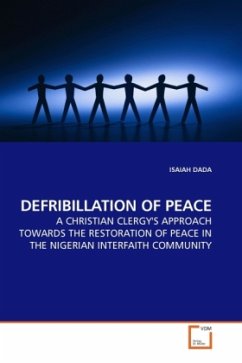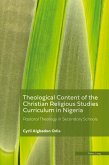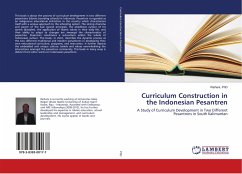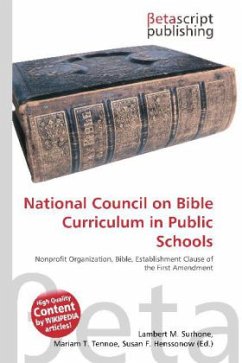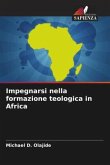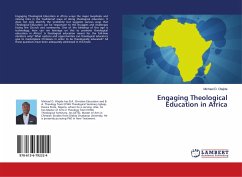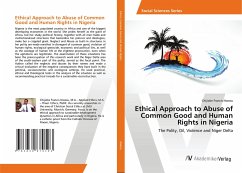Peace has been a major factor of economical, political, emotional and social development, but when communal identities, particularly religious identities, are key causal factors in violent conflicts in an underdeveloped, illiterate and poor Nigerian community, there is need for each faith tradition to stop the unnecessary violence, and not to allow religion to be the root of it. This book explores how to empower pastors to live in peace with others and proposes nine heathy practices and a year-long curriculum outline for in-depth understanding and assimilation of peace education designed for children in Sunday school, youth in Bible study, and adults in women's/men's fellowship groups. The book contains nine chapters and uses library research, including reviews of published studies, books and articles written from the perspective of peace education, conflic resolution, and reconciliation.
Bitte wählen Sie Ihr Anliegen aus.
Rechnungen
Retourenschein anfordern
Bestellstatus
Storno

